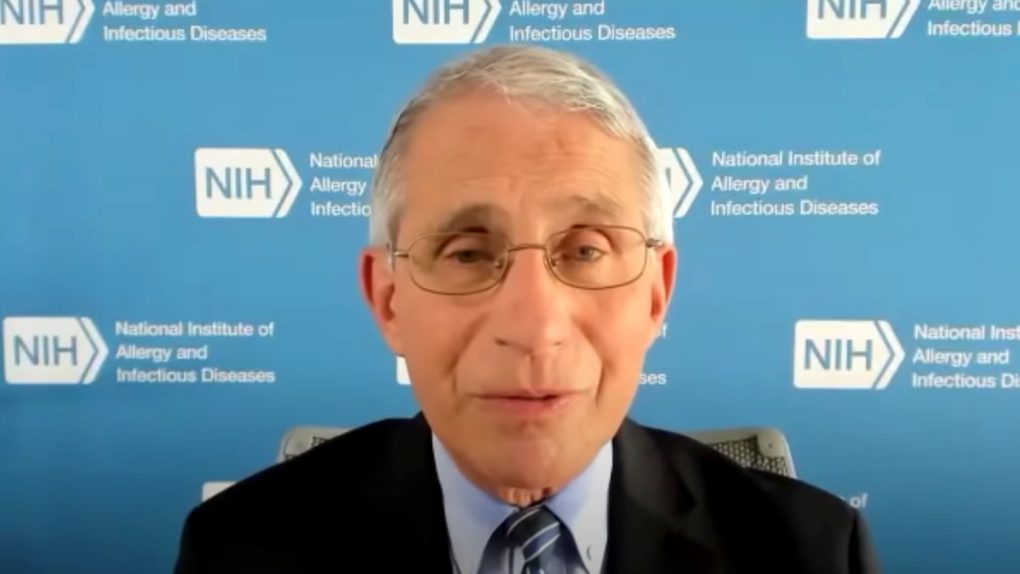- Dr. Anthony Fauci believes Russia’s alleged coronavirus vaccine is “bogus.”
- Fauci notes that the vaccine hasn’t been sufficiently tested and likely isn’t safe.
- Russia has not made its coronavirus vaccine research and testing results available to medical professionals.
In a best-case scenario, Dr. Anthony Fauci believes we may be able to develop an effective coronavirus vaccine sometime in late-2020 at the absolute earliest. In light of that, Russia earlier this month raised quite a few eyebrows when President Vladimir Putin boasted that Russia was the first country in the world to come up with a vaccine capable of preventing the coronavirus. Of course, as details surrounding the story began to crystalize, it quickly became clear that the vaccine in question — which had only been tested on small groups of people — was far from the cure-all Putin made it out to be.
The vaccine in question — which Russia naturally calls Sputnik V — was developed at the Gamaleya Institute in Moscow. And though the drug did not go through large-scale testing, Putin was nonetheless quick to boast of Russia’s plan to administer the vaccine to millions of Russians. What’s more, little if anything about the research that went into creating the alleged coronavirus vaccine has been made public or available to medical health professionals. Suffice it to say, if you’re skeptical about Russia coming up with an effective coronavirus vaccine, you’re in good company.
Commenting on the matter, Fauci earlier this week called Putin’s claims “bogus.”
“It’s not bogus because he has a vaccine,” Fauci said in remarks picked up by Newsweek, “what’s bogus is to say you have a vaccine that’s safe and effective.”
“There’s a big difference,” Fauci added, “between having a vaccine and proving in trials that are really well-designed, randomized placebo-controlled trials, that when you’re starting to give it widely to hundreds of millions of people, that you’re giving a safe and effective vaccine. The Russians, to my knowledge and I’m pretty sure I’m correct, have not been studying this intensively in very large, randomized, placebo-controlled trials.”
That said, health professionals have expressed concern that administering an unproven vaccine to an entire population is akin to playing with fire.
To this point, The Washington Post adds:
Konstantin Chumakov, a member of the Global Virus Network, an international coalition working on viral threats, said “it is scientifically impossible to prove efficacy” without widespread trials, known as Phase 3.
“Using it in general population before the results of Phase 3 trials are fully studied is a gamble,” he said. “A Russian roulette, if you will.”
As a point of contrast, potential vaccine candidates developed by some of the most reputed drug companies in the world are still slated to undergo large-scale testing even though some early clinical trials have yielded encouraging results.
All told, Russia’s claims regarding a coronavirus vaccine amount to nothing more than posturing and point to Putin prioritizing publicity over sound science and public safety.








